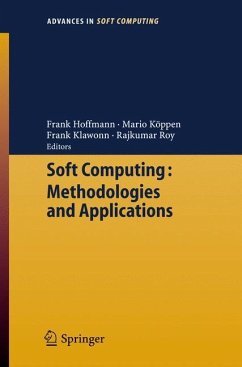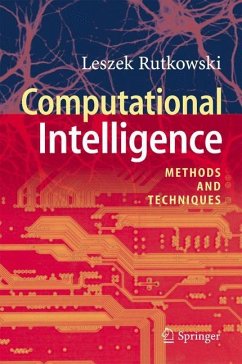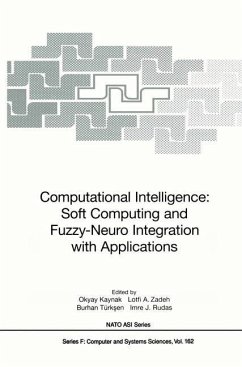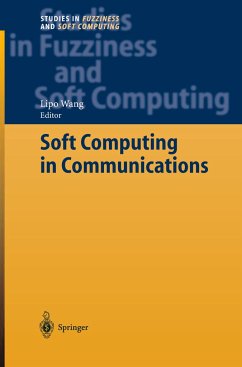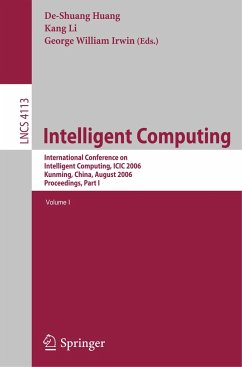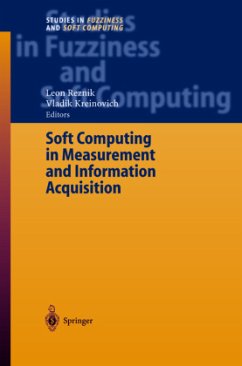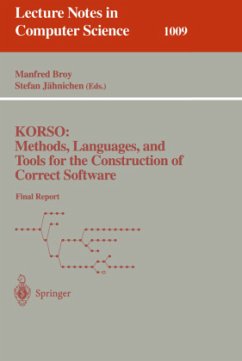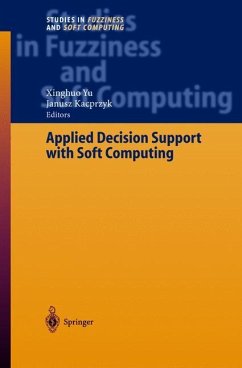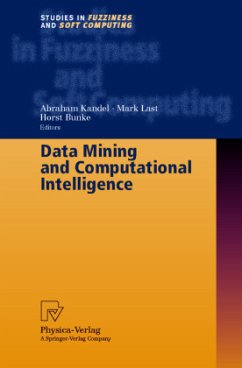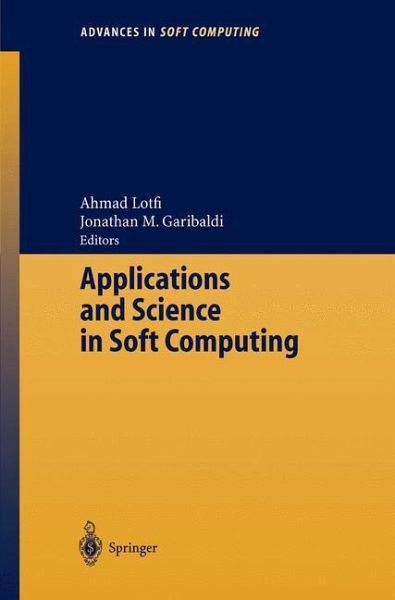
Applications and Science in Soft Computing

PAYBACK Punkte
77 °P sammeln!
Soft computing techniques have reached a significant level of recognition and - ceptance from both the academic and industrial communities. The papers collected in this volume illustrate the depth of the current theoretical research trends and the breadth of the application areas in which soft computing methods are making c- tributions. This volume consists of forty six selected papers presented at the Fourth Inter- tional Conference on Recent Advances in Soft Computing, which was held in N- th th tingham, United Kingdom on 12 and 13 December 2002 at Nottingham Trent University. This volume is...
Soft computing techniques have reached a significant level of recognition and - ceptance from both the academic and industrial communities. The papers collected in this volume illustrate the depth of the current theoretical research trends and the breadth of the application areas in which soft computing methods are making c- tributions. This volume consists of forty six selected papers presented at the Fourth Inter- tional Conference on Recent Advances in Soft Computing, which was held in N- th th tingham, United Kingdom on 12 and 13 December 2002 at Nottingham Trent University. This volume is organized in five parts. The first four parts address mainly the f- damental and theoretical advances in soft computing, namely Artificial Neural Networks, Evolutionary Computing, Fuzzy Systems and Hybrid Systems. The fifth part of this volume presents papers that deal with practical issues and ind- trial applications of soft computing techniques. We would like to express our sincere gratitude to all the authors who submitted contributions for inclusion. We are also indebted to Janusz Kacprzyk for his - vices related to this volume. We hope you find the volume an interesting refl- tion of current theoretical and application based soft computing research.





